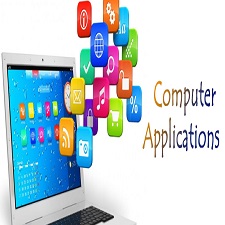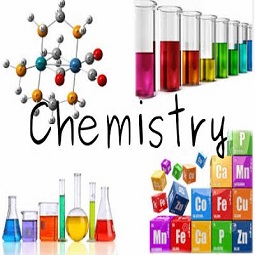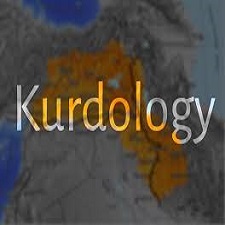
- Teacher: Abdullah Abdullah

- Teacher: Maher Ali
What is a debate?
A debate is, basically, a for or against argument. You have to debate why your position is correct and why your opponents are wrong. You are allocated a time to present your arguments and add rebuttals to the opposing points. You need to support your ideas with evidence such as facts, figures, stats and sources.
The topic
The topic is often current issues of public importance (“Climate change should be taken more seriously”) or about general philosophies or ideas (“beauty is better than brains”). The team that agrees with the topic is called the AFFIRMATIVE and the team that disagrees with the topic is called the NEGATIVE (or the `opposition’).
The set up
Usually, the debate consists of two teams of three speakers. There should be a time-keeper and a judge(s) (sometimes this is the audience). Each presenter has a specific time (4 minutes) to present ideas and their rebuttals and after each presenter has spoken, the judge(s) evaluate the debate on the basis of the content, style and strategy of speeches.
This unit is designed to encourage students to participate in group discussions as well as to express their ideas individually using arguments and reasoning on subjects and topics related to Petroleum Engineering and other issues. At the first class the lecturer will present the topic of the week (weeks) followed by discussions and the following classes will be devoted for group discussions and presentations. The class is divided into groups of about 5 students. Members of ach group will be asked to discuss the topic among their peers, and then each group will present their findings to the rest of the class (students of the groups will take terms in presenting their work to the class). They have to come up with strength and weaknesses (pros and cons) of the arguments to use them
At the end of the course students expected to have gained basic necessary skills and the confidence of discussing topics and issues related to their studies as well as general issues. In addition, they should have gained confidence in using spoken English, and the ability to write sound academic reports and assignments.
The ability to present topics (using power point)
· Have gained the courage and confidence in engaging in group and individual discussions
· Learn Basics of how to write reports using Information gathering by using internet searching
· To foster critical thinking and thoughtful expression
· To appreciate the diversity of social relations in communities
· To develop intellectualism and confidence of expression

- Teacher: Ahmed Haje


